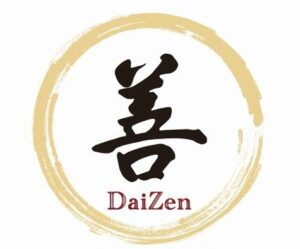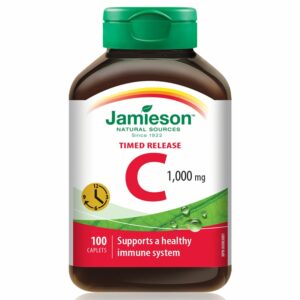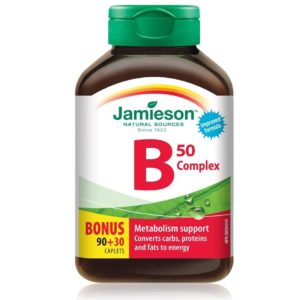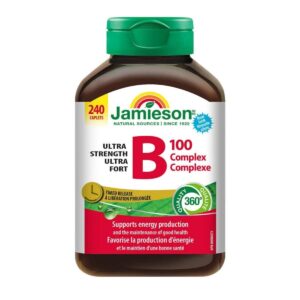
Five vitamins you should supplement in winter
Winter is here, and people are most susceptible to illness or the flu at this time. The sharp drop in temperature in winter causes our immune system to work overtime, so it's best to supplement with energy...Immunity Enhancement的defend his lifeSupplementing with vitamins in our daily health regimen is beneficial for maintaining good health throughout the winter. For example, winter in Hong Kong lasts from mid-December to February, during which time the temperature drops to 16-18℃, and even if everyone wears a sweater, it still feels cold. Secondly, because we often stay indoors, we spend less time in the sun, we are less active, and we often feel tired.
Worse still, this winter weather can negatively impact our health, especially for those over 65 and those with chronic health conditions. Remember that the normal human body temperature is between 36.1°C and 37.2°C. Lower winter temperatures can significantly increase the risk of discomfort. In damp, cold weather, bacteria thrive and spread more easily, threatening our respiratory health.
This article recommends several vitamins that can be appropriately supplemented during winter and explains the reasons. In addition, the article provides some health tips to help you stay healthy this winter.
Vitamin D
Fat-soluble vitamins are an important type of vitamin supplement in winter and generally help our bodies function properly.Vitamin DIt helps the body absorb calcium, which strengthens bones and boosts immunity. High levels of vitamin D are also associated with the formation of nerve cells and improved muscle function. Interestingly, 80% of the vitamin D in our bodies is obtained from sunlight exposure. However, a lack of sunlight in winter reduces the body's absorption of vitamin D. This is why blood vitamin D levels depend on sunlight exposure, which is precisely what is lacking in winter.
From richVitamin DGetting enough vitamin D from food (oily fish, red meat, and eggs) and supplements is a healthy and reliable way to obtain it. NowVitamin D supplementsVitamin D supplements are available in drops, capsules, and tablets. Regardless of the form, there are dosage requirements to meet the needs of people of all ages. The vitamin D content in supplements is expressed in International Units (IU). 40 IU of vitamin D is equal to 1 microgram (1 µg) of vitamin D. A daily supplement of 10 µg (400-600 IU) is sufficient.
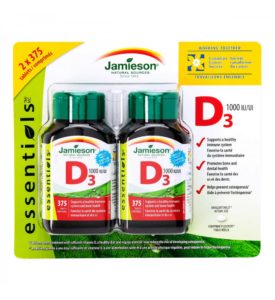
Tips for supplementing Vitamin D in winter
- After getting up in the morning, please open the blinds or draw the curtains to let the sunlight in.
- Spend as much time outdoors as possible during the day to get some sunshine;
- Ensure that workplaces and closets have sufficient sunlight and air circulation.
Vitamin C
As we all know,Vitamin CCanImmunity EnhancementIts antioxidant properties make it an essential vitamin in winter. Vitamin C improves the body's immunity by eliminating infections and healing wounds. Its antioxidant properties protect cells from oxidative stress. Evidence suggests that supplementing with vitamin C in winter can help reduce the effects and duration of the common cold. Other studies also suggest that vitamin C may reduce the potential risk of viral infections. Children can consume vitamin C as a naturally sweetened chewable tablet. To maximize the benefits of vitamin C, some studies recommend a daily dose of at least 1000mg. In addition to vitamin C supplementation, eating a variety of colorful fruits and vegetables is also beneficial for boosting immunity.

Vitamin B.
Many people feel lethargic and unwilling to do anything in winter. This is because the sudden drop in temperature makes the body sluggish, making it difficult to get out of bed and move around. However, there are many ways to avoid this winter lethargy. One of them is to supplement with vitamins that promote a healthy nervous system, cell renewal, and mood. Vitamin B perfectly fits this bill. The types of B vitamins include B1, B2, B3, B5, and B6. They can all promote the function of the nervous system to reduce fatigue; they may also boost the immune system. In winter, they can help keep us healthy by promoting metabolism and heart health. Based on the reasons listed above, we can include multivitamins (B-type) in the list of vitamins that need to be supplemented in winter. A multivitamin B supplement can simply refer to a nutritional supplement that contains all types of B vitamins.
Tips to avoid winter fatigue
- Regular exercise helps maintain vitality;
- Avoid eating high-sugar foods; in addition, eat more fruits and vegetables.
- Avoid oversleeping and try to get 8 hours of quality sleep every day, going to bed early and waking up early.
probiotics
In winter, it's crucial to pay extra attention to gut health. During these months, we spend most of our time indoors, eating and resting more frequently and for longer periods than usual. The gut microbiota in winter can influence our food intake, appetite, weight, and nutrient levels. Vitamin D deficiency, coupled with stress, diet, and the use of antibiotics and strong cleansers, can negatively impact the bacteria in our bodies.probioticsThese are "harmless bacteria" introduced into the human body that can help maintain the health of the digestive system for people with gastrointestinal problems. They may offer some therapeutic benefits for intestinal discomfort. Some studies have shown that probiotics have a positive impact on the body's immune system response.
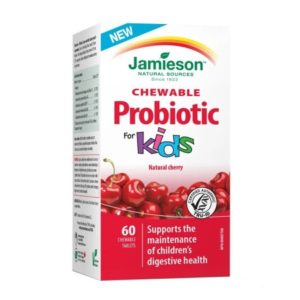
Coneflower
Echinacea is a traditional herb dating back hundreds of years to North America, primarily used to relieve symptoms of the common cold and other upper respiratory infections. Its consumption increases white blood cell count, thereby boosting immunity. The common cold in winter can be extremely inconvenient, sometimes accompanied by other symptoms such as a mild, chronic dry cough, sore throat, sneezing, and nasal congestion.
Today, natural herbs, whether used as a single treatment or as a component of a pharmaceutical formula, are sufficient to serve as a therapeutic approach. Furthermore, natural herbs have been proven effective, particularly for the common cold. Therefore, in addition to considering vitamin supplements, you should also purchase some effective antibacterial supplements, such as echinacea, to help you recover quickly from a common cold. Other effective natural herbs for winter colds include astragalus, propolis, and spirulina. These herbal supplements come in various forms, including tablets, tinctures, capsules, extracts, and teas.
Related Post:
Related Products:
-
Jamieson – Long Lasting Vitamin C 1000mg 100 Tablets
Original price was: $138.00.$118.00Current price is: $118.00. Add to basket -
Jamieson – Natural Vitamins B complex 50 120 capsules
Original price was: $168.00.$108.00Current price is: $108.00. Add to basket -
Sale!
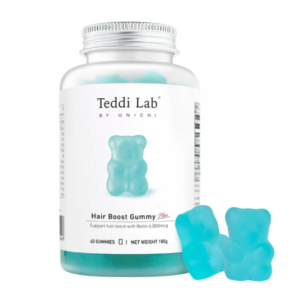 Out of stock
Out of stock
Unichi – Teddi Lab® Gummy Bears Gummy Bears for Hair Growth Upgraded Sea Salt and Green Titanium Flavour 60 Capsules
Original price was: $170.00.$125.00Current price is: $125.00. Add to basket











